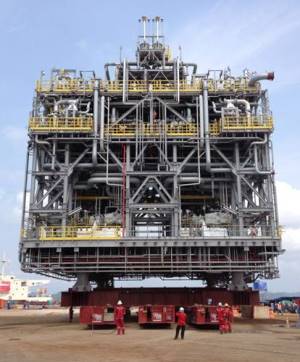How Carbon Management is Becoming a Strategic Requirement on New Large Complex Projects
In our new Expert Corner paper 2020-02 ‘How Carbon Management is Becoming a Strategic Requirement on New Large Complex Projects‘, Sylvain Richer de Forges exposes how important carbon footprint becomes for large complex projects.

Managing carbon on a LCP has shifted significantly from a low priority to the point of becoming the very nature of future Large, Complex projects. This can also be seen with the rapid rise of renewables or carbon capture megaprojects.
The project full lifecycle carbon footprint is now a key decision criteria between options and solutions. It is not easy to calculate this comprehensive footprint taking into account procurement, manufacturing, construction, operating and decommissioning activities.
The paper also presents a systematic approach to carbon management on projects under the acronym AROTAD:
- Accurate assessment of carbon emissions
- Carbon reduction action plan
- carbon Offsetting and Trading
- carbon Analysis
- carbon Disclosure
While a significant challenge, carbon management presents an unprecedented opportunity for LCPs in the 21st century.
Don’t miss our new Expert Corner paper 2020-02 ‘How Carbon Management is Becoming a Strategic Requirement on New Large Complex Projects‘ for insights on this key shift in carbon awareness for Large, Complex Projects.
If you can’t access to the links in this post, paste the following link in your browser to have access to the paper: https://www.projectvaluedelivery.com/expert/PVD_Expert_2020_02_Carbon_mgt_LCProject_v0b.pdf










Eight Principles for Sustainable Proposals Management [new Expert Paper]
Many project organizations underestimate the importance of rigorous Tendering/ Proposals process. In particular, measuring the number of awards obtained is irrelevant if those projects awarded cannot be executed without major changes, delays and overruns. Our new Expert Paper 2015-02 ‘Eight Principles for Sustainable Proposals Management’ by Kamlesh Narwani concentrates on the best practices that need to be implemented in the Proposal process to ensure sound proposals that can effectively be executed. It proposes 8 key principles that should be applied in all Proposals processes.
Find more details about these 8 topics and more in our new Expert Paper 2015-02 ‘Eight Principles for Sustainable Proposals Management’ by Kamlesh Narwani!